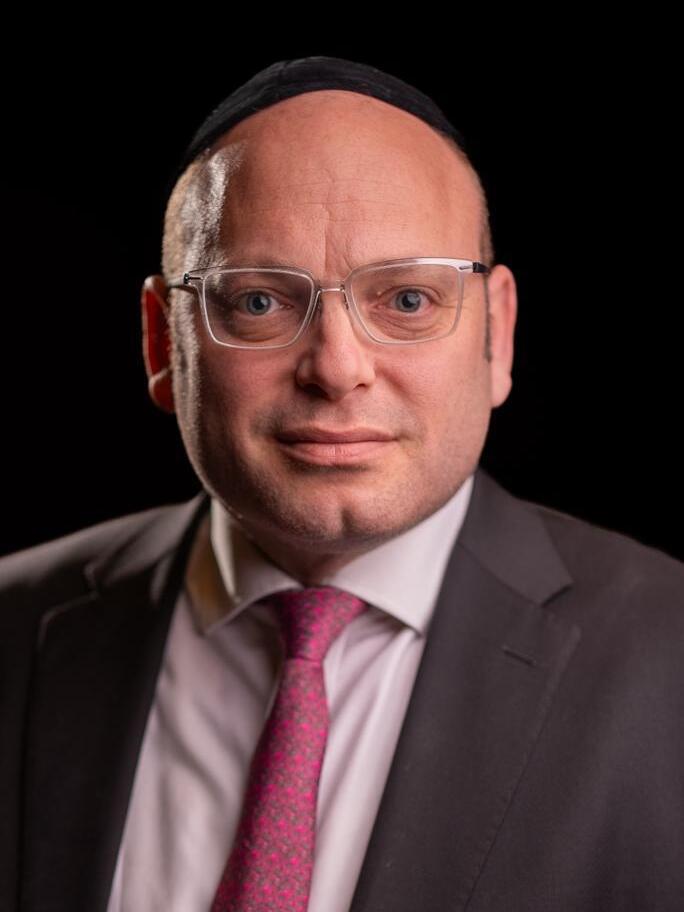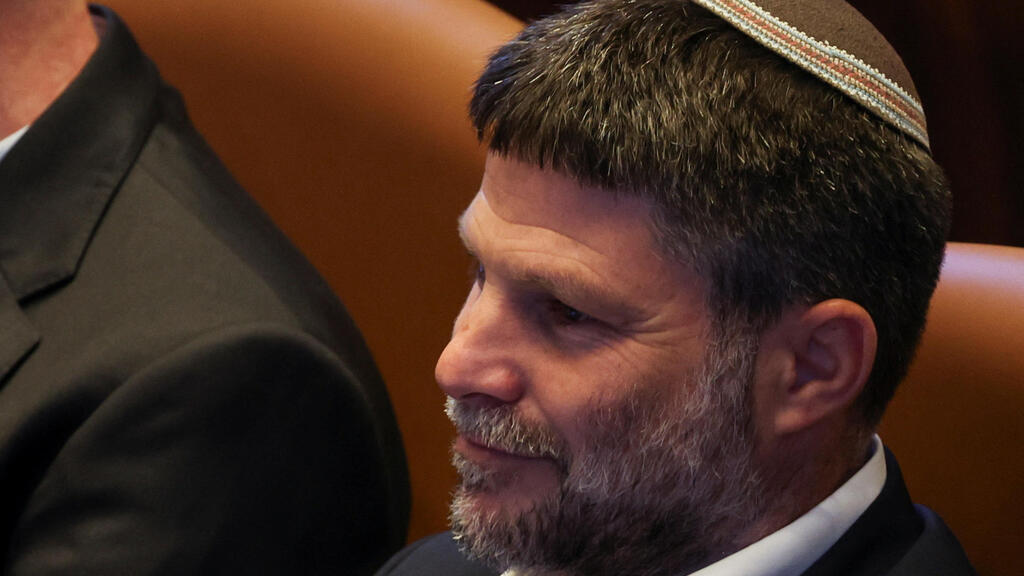The recent British sanctions against Finance Minister Bezalel Smotrich, citing his alleged role in "undermining a future Palestinian state," have sparked a wave of controversy and criticism. For many in the Jewish community, these actions feel like a painful echo of the past—a déjà vu of historical instances where British actions and inactions failed to protect Jewish lives.
The cries of the victims for intervention went unanswered as the British chief of police in Hebron did nothing to halt the violence, riding past the unfolding horror without action. This inaction remains a bitter memory, highlighting the failure of British authorities at the time to protect the Jewish community.
Eyewitness accounts from descendants of those who survived the massacre paint a grim picture of a community forsaken by those tasked with their protection. Despite repeated pleas from Jewish residents and students of the Hebron yeshiva, the British authorities not only failed to intervene but, in a bewildering twist, once the pogrom was over, detained and imprisoned some of the very survivors they should have rescued.
Get the Ynetnews app on your smartphone: Google Play: https://bit.ly/4eJ37pE | Apple App Store: https://bit.ly/3ZL7iNv
Survivors' accounts, passed down through generations, reveal the extent of the trauma inflicted by both the massacre and the subsequent British actions. The current British stance against Smotrich and National Security Minister Itamar Ben-Gvir is perceived by Jews around the globe as a continuation of this historical pattern. Smotrich's actions are defensive measures aimed at protecting Israel from threats reminiscent of past horrors like Hebron, and now, after October 7, while instead sanctioning those who speak up. This decision by the UK evokes unsettling memories of the British inaction when Jewish communities were murdered in cold blood under the watch of the British.
 Duvi HonigPhoto: Avi Deutch, Orthodox Jewish Chamber of Commerce
Duvi HonigPhoto: Avi Deutch, Orthodox Jewish Chamber of CommerceIt is well known how Rabbi Avraham Yitzchak HaCohen Kook, a towering figure in Jewish leadership, was introduced to the British governor of Palestine shortly after the massacre, during a governmental meeting however Rabbi Kook bluntly refused to shake the governor's extended hand to him, boldly stating, "These hands are covered with the blood of the Jews murdered in Hebron." This refusal was more than a personal protest; it embodied the deep betrayal felt by Jews at the hands of the Mandate authorities, who failed to protect them and even took a stand to punish them for surviving the massacre with imprisonment and nowadays with sanctions.
A call for reflection
It is incumbent upon the international community not to repeat the mistakes of the past, turning a blind eye to valid security concerns of nations striving to protect their people, especially the Jews who have yet to recover from the Holocaust, where six million Jews were murdered.
History serves as a potent reminder of the consequences of apathy and inaction. As we navigate the convoluted landscape of Middle Eastern politics today, understanding historical contexts can guide more balanced and thoughtful approaches to achieving peace and security for all involved, if one wants to see the truth. Shame on the British! "Hashem will fight for you; you need only to be still."
- Duvi Honig is the founder and CEO of the Orthodox Jewish Chamber of Commerce, a global umbrella of businesses of all sizes, bridging the highest echelons of the business and governmental worlds together, stimulating economic opportunity and positively affecting governments' public policies. His work has been recognized by both Presidents Obama and Trump.


